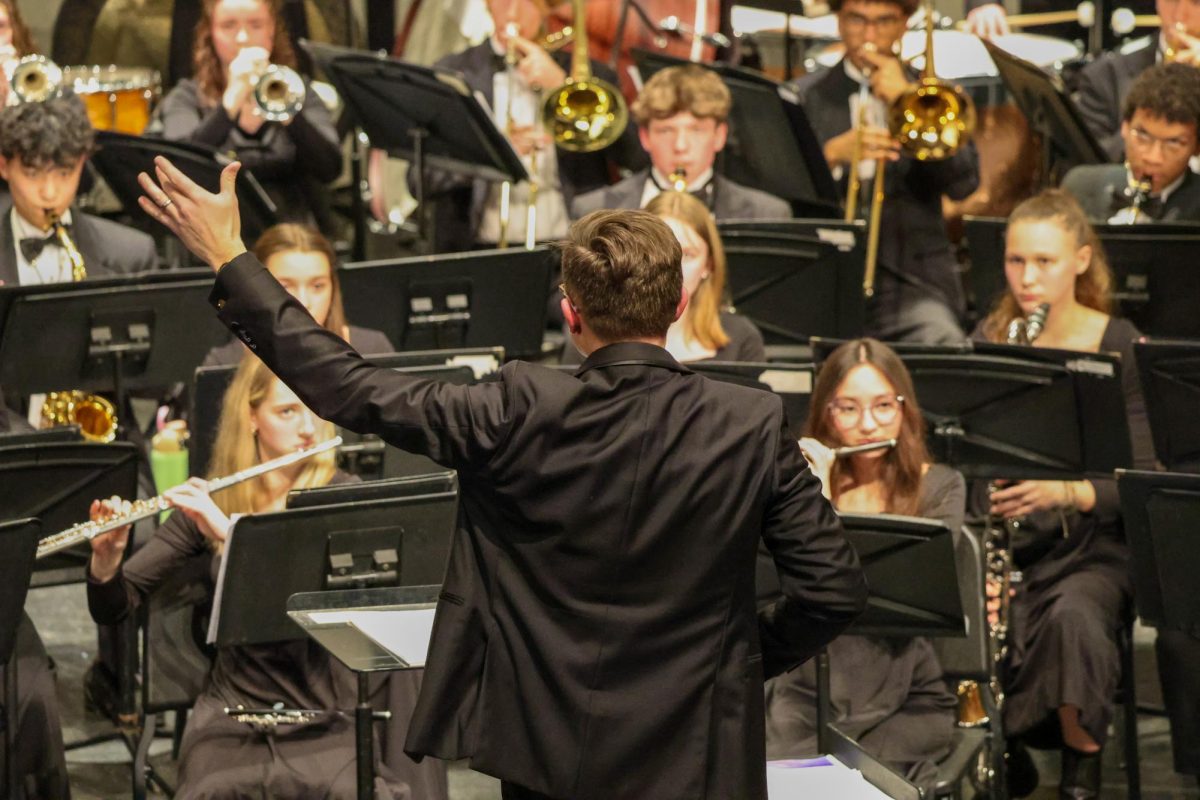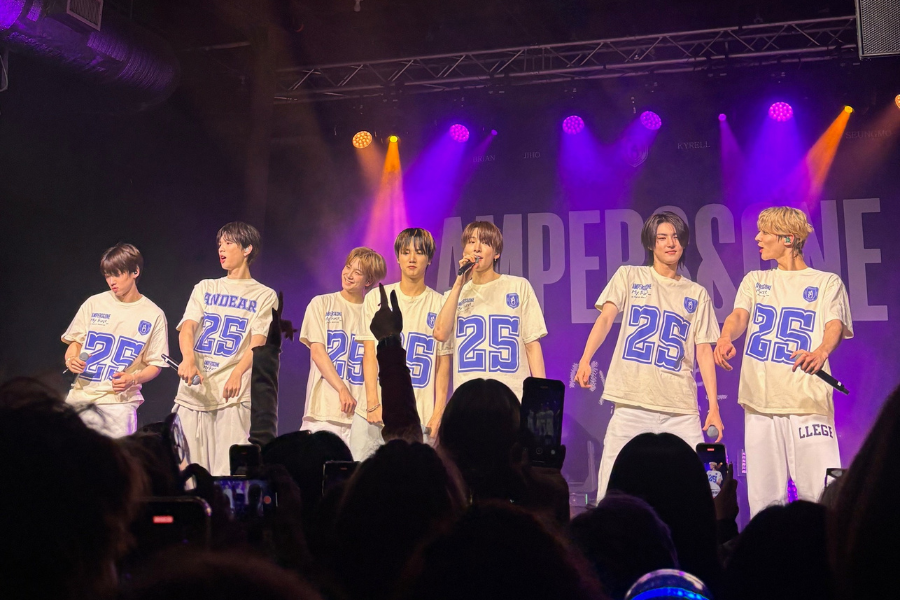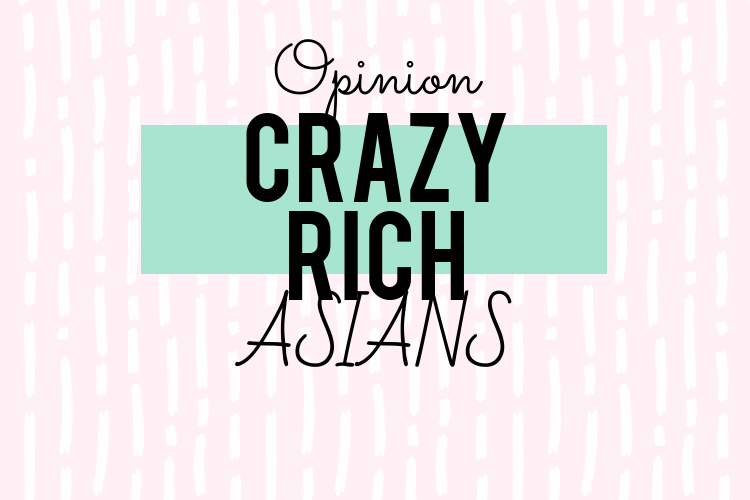Crazy Middle Class Asians
September 27, 2018
For most people, it’s hard to relate to the extravagant lifestyle of the multi-billionaires of Asia. The lavish houses and soap opera-like family drama comes with a price, to say the least. Regardless, it’s easy to connect with the funny and likable characters in one of the highest ranking films of the year: with a 93 percent on Rotten Tomatoes, “Crazy Rich Asians” is set to make its mark on Hollywood.
An all-Asian cast is much needed in today’s very diverse world, especially from the perspective of an Asian/Asian-American. It’s a refreshing change after the sometimes endless stream of actors from anywhere but the Eastern hemisphere. Not only does “Crazy Rich Asians” have a majority-Asian cast, it includes people from all over the world. The main male lead Henry Golding, who plays Nick, is from Malaysia, while his co-stars come from London, the US, Costa Rica, China, Singapore, and more. Not only are people of diverse backgrounds showcased, but Singapore’s beautiful landmarks and architecture add to the experience.
The film accurately depicts the relationships between generations separated by wars and the rapid development of Asian countries. This dynamic is highlighted by how different the views of Nick’s grandmother, his mother (Eleanor), and Rachel are. Nick, the son of Eleanor and Phillip Young and a professor at New York University, is set to inherit his family’s $200 million estates. On the other hand, Rachel is a highly regarded economics professor–also at New York University–who comes from an average middle-class family. Their views differ on social status and how “Asian” Asian-Americans are. While Eleanor believes that Nick should marry into a respectable family, Rachel and Nick have more liberal views on how money and class should affect their relationship. Rachel is also viewed as an outsider by Nick’s family because she was born and raised in the US. This plays into the Asian prejudice where families prefer only people from their ethnicity to marry into their family.
The movie also addresses views on masculinity within relationships, specifically when the woman makes more money than the man does. This is shown in the relationship between Astrid and Michael, as she is a household name and he is not. Astrid feels inclined to hide the expensive things she buys from her husband. This escalates later on in the movie, when Michael, feeling insecure about not wearing the “pants in the relationship,” decides to have an affair with another woman. After finding out about this, Astrid confronts Michael: “It was never my job to make you feel like a man. I can’t make you something you’re not.” With those words she is implying that it shouldn’t be a woman’s job to make her partner feel like a man, only he can. This highlights how toxic the definition of masculinity is; for example, boys are told when they are very young that they have to be the providers and take care of their partners. They feel like they are responsible for making all the money in the relationship, even though none of these things make them any more masculine.
Representation of minorities in Hollywood is under 30 percent, with Latinos having the least amount of representation in Hollywood. In 2016, statistics showed that there was only 3.1 percent representation of Latinos in Hollywood. Crazy Rich Asians isn’t just a win for the Asian community, but for every minority group. More movies in 2018 have been wins for minorities too, with blockbusters like “To All the Boys I’ve Loved Before” and “Black Panther.” There are more diverse casts now than ever before, which adds the perspectives of many not often showcased in US media. Crazy Rich Asians also adds a new perspective, one that 99 percent of the world never gets to see. The billion-dollar venues and the estates of Singapore are rarely seen by anyone but the old- and new-money families of East Asia. This fantasy land of palaces and McMansions takes us out of our reality and puts us right next to the wealthiest one percent, but whether you can relate to their billions or not, crazy rich Asians always throw a good party.






































